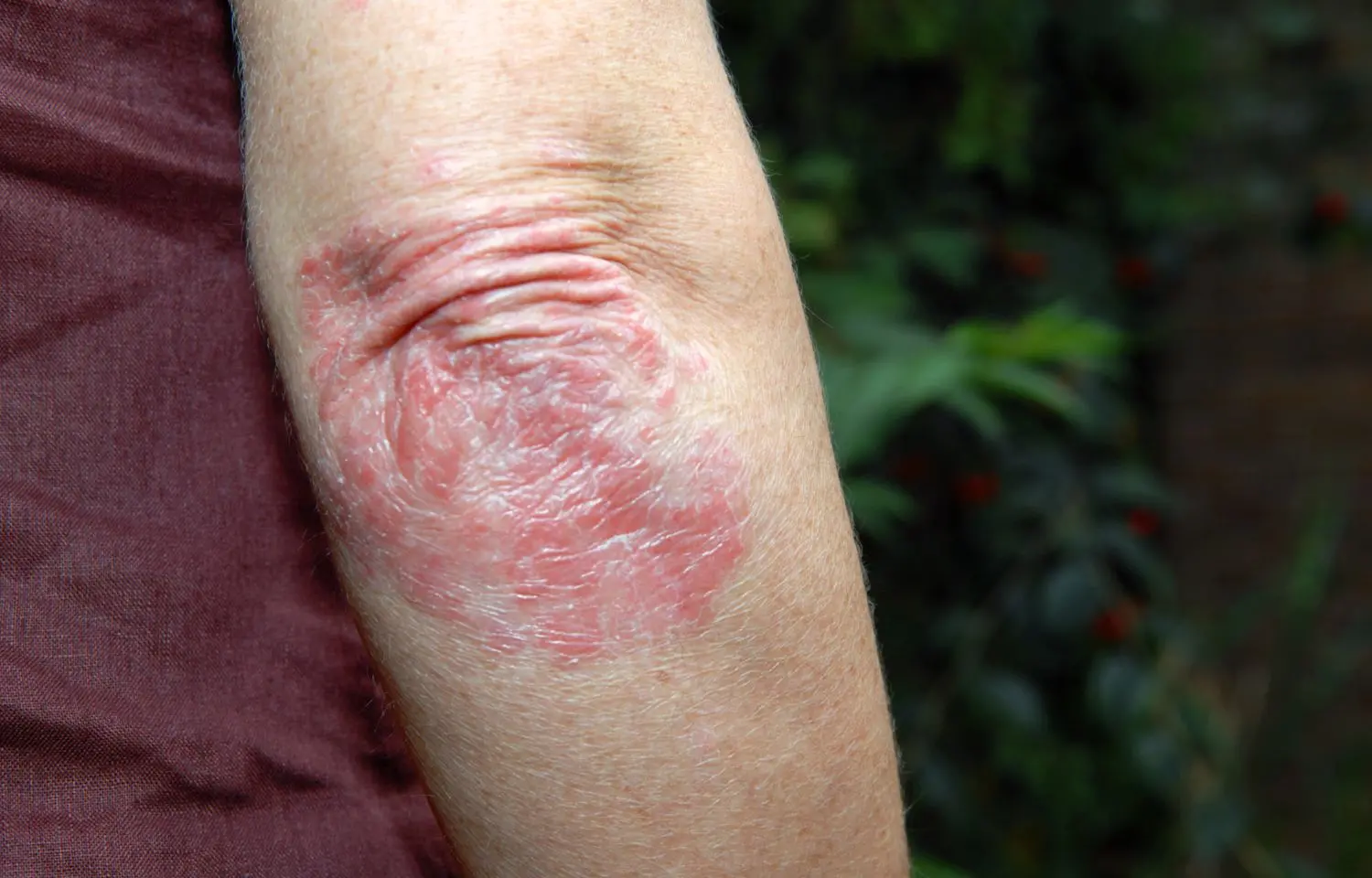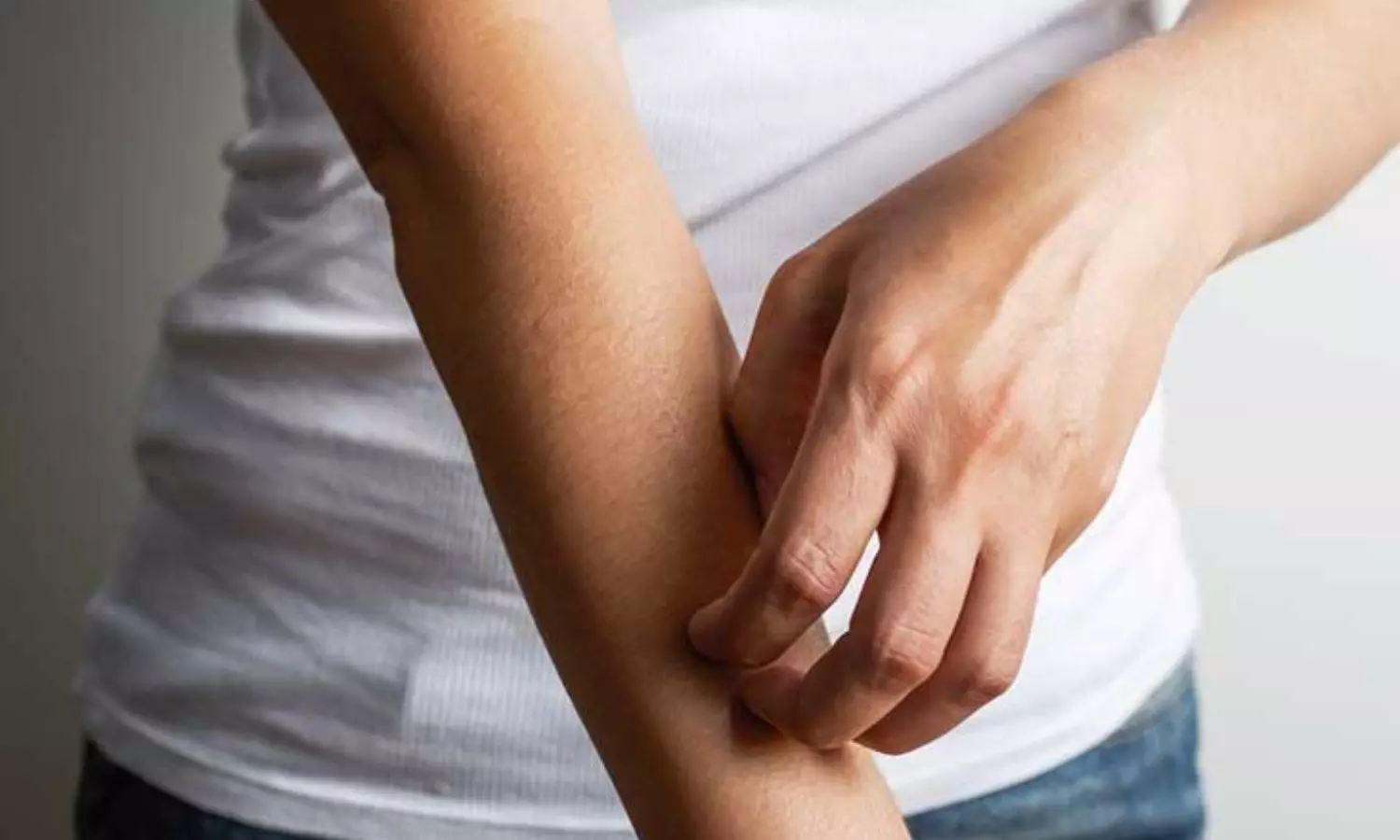- Home
- Medical news & Guidelines
- Anesthesiology
- Cardiology and CTVS
- Critical Care
- Dentistry
- Dermatology
- Diabetes and Endocrinology
- ENT
- Gastroenterology
- Medicine
- Nephrology
- Neurology
- Obstretics-Gynaecology
- Oncology
- Ophthalmology
- Orthopaedics
- Pediatrics-Neonatology
- Psychiatry
- Pulmonology
- Radiology
- Surgery
- Urology
- Laboratory Medicine
- Diet
- Nursing
- Paramedical
- Physiotherapy
- Health news
- Fact Check
- Bone Health Fact Check
- Brain Health Fact Check
- Cancer Related Fact Check
- Child Care Fact Check
- Dental and oral health fact check
- Diabetes and metabolic health fact check
- Diet and Nutrition Fact Check
- Eye and ENT Care Fact Check
- Fitness fact check
- Gut health fact check
- Heart health fact check
- Kidney health fact check
- Medical education fact check
- Men's health fact check
- Respiratory fact check
- Skin and hair care fact check
- Vaccine and Immunization fact check
- Women's health fact check
- AYUSH
- State News
- Andaman and Nicobar Islands
- Andhra Pradesh
- Arunachal Pradesh
- Assam
- Bihar
- Chandigarh
- Chattisgarh
- Dadra and Nagar Haveli
- Daman and Diu
- Delhi
- Goa
- Gujarat
- Haryana
- Himachal Pradesh
- Jammu & Kashmir
- Jharkhand
- Karnataka
- Kerala
- Ladakh
- Lakshadweep
- Madhya Pradesh
- Maharashtra
- Manipur
- Meghalaya
- Mizoram
- Nagaland
- Odisha
- Puducherry
- Punjab
- Rajasthan
- Sikkim
- Tamil Nadu
- Telangana
- Tripura
- Uttar Pradesh
- Uttrakhand
- West Bengal
- Medical Education
- Industry
PCSK9 inhibitors may lower risk of developing Psoriasis: JAMA.

A new 2-sample mendelian randomization study found genetic evidence that proprotein convertase subtilisin/kexin type 9 is involved in the pathogenesis of psoriasis and its inhibition may reduce psoriasis risk. The study results were published in the journal JAMA Dermatology.
Lipid-lowering drugs like statins are hypothesized to have disease-modifying properties. Previous data shows lipid pathways were implicated in the pathogenesis of psoriasis. But there are meager studies done on a large-scale and causal interpretation of results from traditional observational designs is limited by confounding. Hence researchers conducted a 2-sample mendelian randomization study from August to October 2022 to investigate the causal association between genetically proxied lipid‐lowering drugs and psoriasis risk.
Population-level genome-wide association studies of psoriasis in the UK Biobank and FinnGen studies, and of low-density lipoprotein (LDL) by the Global Lipids Genetics Consortium were conducted. 1.3 million individuals of European ancestry participated, and Genetic association data were obtained. The inverse variance weighted method was used with pleiotropy robust methods and colocalization as sensitivity analyses. Genetically proxied inhibition of HMGCR (HMG-CoA reductase, targeted by statins), NPC1L1 (Niemann-Pick C1-Like 1, targeted by ezetimibe) and PCSK9 (proprotein convertase subtilisin/kexin type 9 targeted by, e.g., alirocumab), using LDL as the biomarker was obtained. The primary outcome was to measure the risk of psoriasis.
Results:
- Data from 12,116 psoriasis cases and ~1.3 million individuals with LDL measurement were analyzed.
- A reduced risk of psoriasis was found with Genetically proxied PCSK9 inhibition, which was replicated in FinnGen.
- There was no statistical evidence of bias from pleiotropy or genetic confounding by Sensitivity analyses.
- There was no robust association for HMGCR or NPC1L1 inhibition.
Thus, the study sets the stage for future research that may enable individuals at risk for psoriasis to select individualized lipid-lowering medications as PCSK9 may lower the risk of developing the disease.
Further reading: Zhao, SS, Yiu, ZZN, Barton, A & Bowes, J 2022, 'Lipid-lowering drugs and risk of psoriasis: a mendelian randomisation study', JAMA dermatology.
BDS, MDS
Dr.Niharika Harsha B (BDS,MDS) completed her BDS from Govt Dental College, Hyderabad and MDS from Dr.NTR University of health sciences(Now Kaloji Rao University). She has 4 years of private dental practice and worked for 2 years as Consultant Oral Radiologist at a Dental Imaging Centre in Hyderabad. She worked as Research Assistant and scientific writer in the development of Oral Anti cancer screening device with her seniors. She has a deep intriguing wish in writing highly engaging, captivating and informative medical content for a wider audience. She can be contacted at editorial@medicaldialogues.in.
Dr Kamal Kant Kohli-MBBS, DTCD- a chest specialist with more than 30 years of practice and a flair for writing clinical articles, Dr Kamal Kant Kohli joined Medical Dialogues as a Chief Editor of Medical News. Besides writing articles, as an editor, he proofreads and verifies all the medical content published on Medical Dialogues including those coming from journals, studies,medical conferences,guidelines etc. Email: drkohli@medicaldialogues.in. Contact no. 011-43720751




